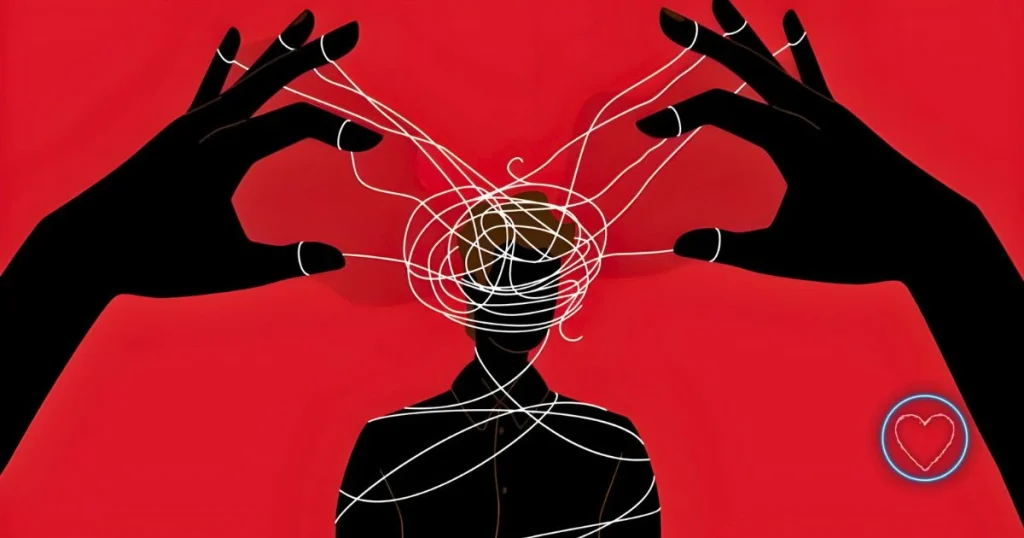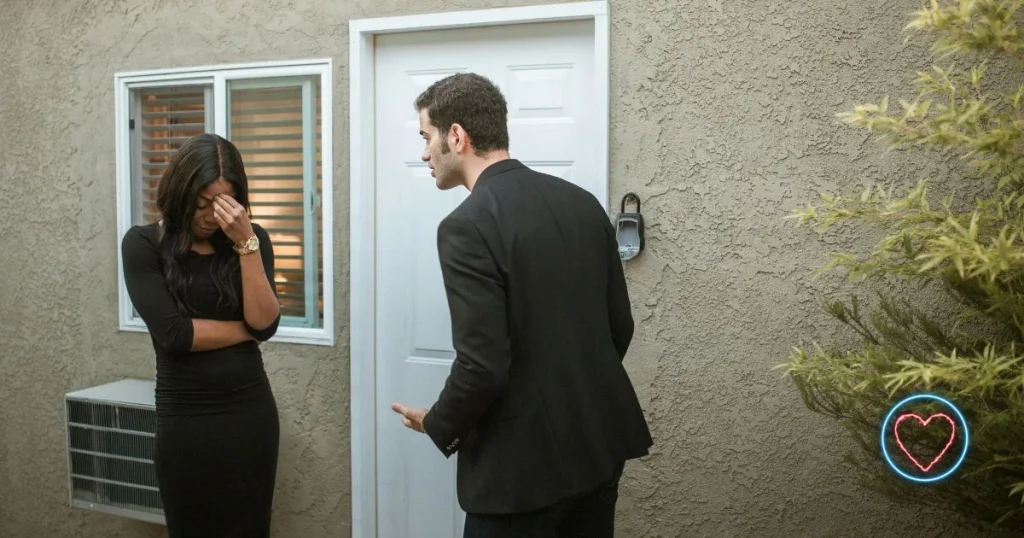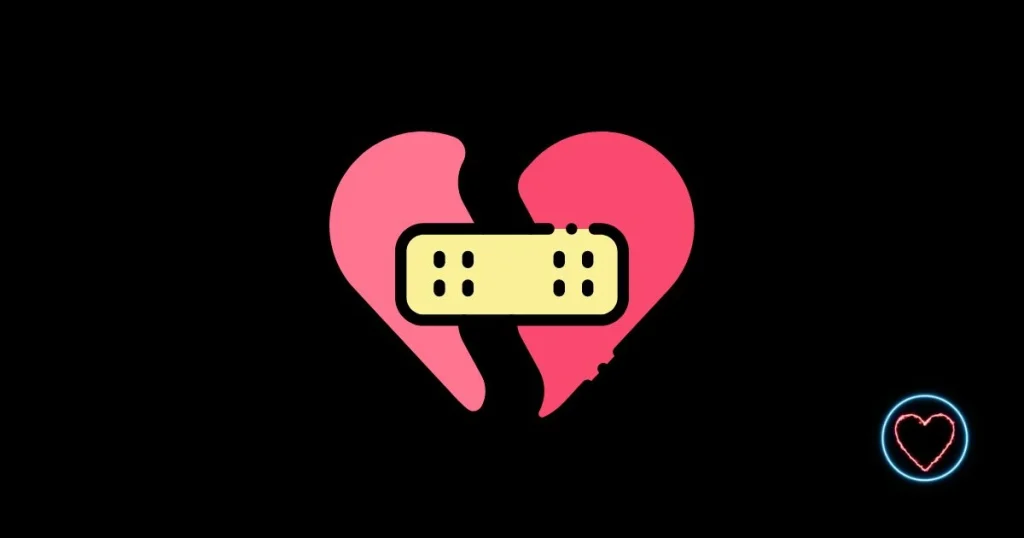In healthy relationships, trust and respect form the foundation that allows love to grow. But when your partner manipulates reality, making you doubt your own perceptions and feelings, that foundation crumbles. This psychological manipulation is called gaslighting—a form of emotional abuse that can leave you confused, anxious, and questioning your sanity.
If you suspect your partner is gaslighting you, it’s essential to understand what gaslighting looks like, why it happens, and how you can protect yourself and reclaim your power. This article explores how to recognize gaslighting and offers practical steps for dealing with it effectively.
What Is Gaslighting?
Gaslighting is a tactic where someone tries to make you doubt your memory, perception, or sanity. The term comes from the 1944 movie Gaslight, where a husband manipulates small things in his wife’s environment and denies her reality to make her believe she’s losing her mind.
In relationships, gaslighting might look like your partner denying facts, twisting your words, minimizing your feelings, or blaming you for things you didn’t do. The goal is often control, power, or deflection from their own faults.
Signs Your Partner Is Gaslighting You
Before you take action, it helps to identify the signs clearly:
- They Deny Things You Know Are True
Your partner insists events or conversations never happened, even when you remember them clearly. - They Twist Facts or Tell Lies
They spin the story to make you look irrational or guilty, even when you have proof. - They Minimize Your Feelings
When you express hurt or frustration, they say you’re “too sensitive” or “overreacting.” - They Shift Blame Constantly
They rarely take responsibility, instead accusing you of causing problems. - You Feel Confused and Doubt Yourself
After interactions, you question your memory, judgment, or emotions. - You Feel Isolated
They may convince you that friends or family don’t really care about you or that you can’t trust anyone else. - You’re Apologizing Frequently, Even When You’re Not Wrong
They make you feel responsible for their bad behavior.
Recognizing these patterns is the first crucial step to protecting yourself.
Why Do People Gaslight?
Understanding why someone gaslights doesn’t excuse the behavior but can help you see the dynamics more clearly.
- Control and Power: Gaslighting is a tool to control your thoughts and emotions, making you dependent on their version of reality.
- Avoidance of Accountability: It’s easier for them to deny wrongdoing than admit fault.
- Insecurity or Narcissism: Some gaslighters project their insecurities onto you or believe they deserve to dominate the relationship.
- Learned Behavior: Sometimes, people who were raised in dysfunctional environments replicate these patterns unconsciously.
Regardless of the reason, your mental health must come first.
How to Deal With a Partner Who Gaslights You
1. Trust Your Perception
The gaslighter’s primary goal is to make you doubt yourself. One of the most powerful ways to counter this is to trust your feelings and memories. When something feels off or hurtful, honor that feeling.
- Keep a journal to track events, conversations, and your emotions. Writing things down helps you stay grounded in your truth.
- Record dates, times, and details to refer back to when your partner denies reality.
2. Set Clear Boundaries
Gaslighting often escalates when you don’t push back. Setting firm boundaries signals that you will no longer tolerate manipulation.
- Calmly but firmly state what behaviors are unacceptable.
- For example: “I won’t continue this conversation if you keep denying what happened.”
- Limit interactions when they cross your boundaries.
3. Seek Support Outside the Relationship
Isolation is a hallmark of gaslighting. Friends, family, or counselors provide perspective and validation.
- Share your experiences with trusted people who can remind you of reality.
- Consider professional help—therapists or support groups can help you rebuild your confidence.
4. Avoid Arguing About Reality
Gaslighters often twist facts to trap you in endless debates. Trying to prove your point every time can drain you emotionally.
- Instead, state your truth calmly and avoid engaging in arguments that question your sanity.
- Use phrases like: “I remember it differently,” or “That’s not how I see it,” and then change the subject or walk away if needed.
5. Focus on Self-Care
Gaslighting wears you down mentally and physically. Prioritize your well-being.
- Engage in activities that make you feel good about yourself—exercise, hobbies, meditation, or time with friends.
- Practice affirmations like “My feelings are valid,” or “I deserve respect.”
6. Document Everything
If you suspect your partner may escalate the gaslighting or if you decide to leave the relationship, documentation can be crucial.
- Save texts, emails, or recordings (if legal in your area) that show patterns of manipulation or abuse.
- These records can be helpful in therapy, legal situations, or when explaining your situation to trusted individuals.
7. Plan for Your Safety
Gaslighting can be a form of emotional abuse that sometimes escalates to other types of abuse.
- If you feel unsafe or threatened, develop a safety plan. This might include having a place to stay, emergency contacts, or financial independence.
- Reach out to domestic violence organizations if needed.
8. Consider Couples Therapy Carefully
While therapy can help some couples, it’s important that the gaslighter is willing to recognize their behavior and work on it.
- If your partner denies the problem or refuses to change, therapy may not be effective.
- Individual therapy for you is often more beneficial in these situations.
9. Know When to Walk Away
Sometimes, despite your best efforts, the gaslighting continues or worsens. Recognize when the relationship is harming your mental health beyond repair.
- Ending a relationship with a gaslighter can be difficult, but your well-being must be a priority.
- Remember: walking away is not a failure; it’s an act of self-preservation.
Healing After Gaslighting
Recovering from gaslighting takes time and intentional effort. Here’s how to begin the healing process:
Rebuild Your Self-Trust
- Reconnect with your intuition by practicing mindfulness and reflection.
- Celebrate small victories when you trust your gut.
Establish Healthy Relationships
- Surround yourself with people who respect and validate you.
- Learn what healthy communication and boundaries look like.
Educate Yourself
- Read books or articles about emotional abuse and gaslighting to understand the patterns and normalize your experience.
Practice Compassion
- Be kind to yourself. Gaslighting damages your self-esteem, and healing requires patience.
Final Thoughts
Dealing with a partner who gaslights you is deeply challenging, but you are not powerless. Recognizing the signs, trusting yourself, setting boundaries, seeking support, and prioritizing your well-being are vital steps toward reclaiming your life.
No one deserves to have their reality questioned or their emotions invalidated. You deserve love that respects and honors who you truly are. If you find yourself in a relationship where gaslighting is present, remember: your truth matters, your feelings are valid, and your healing is possible.




















